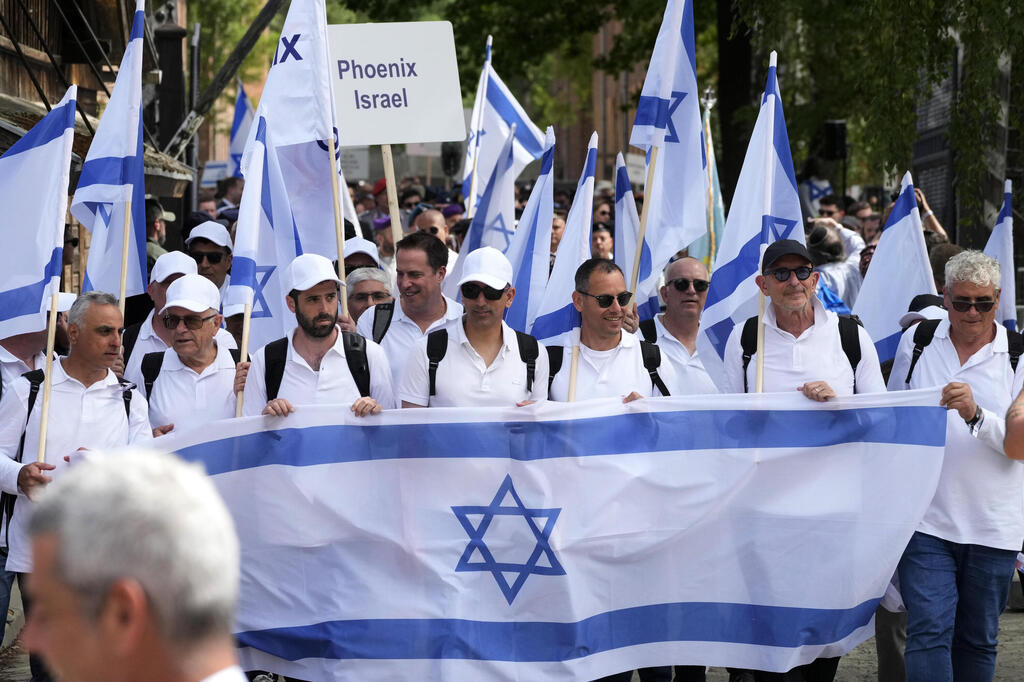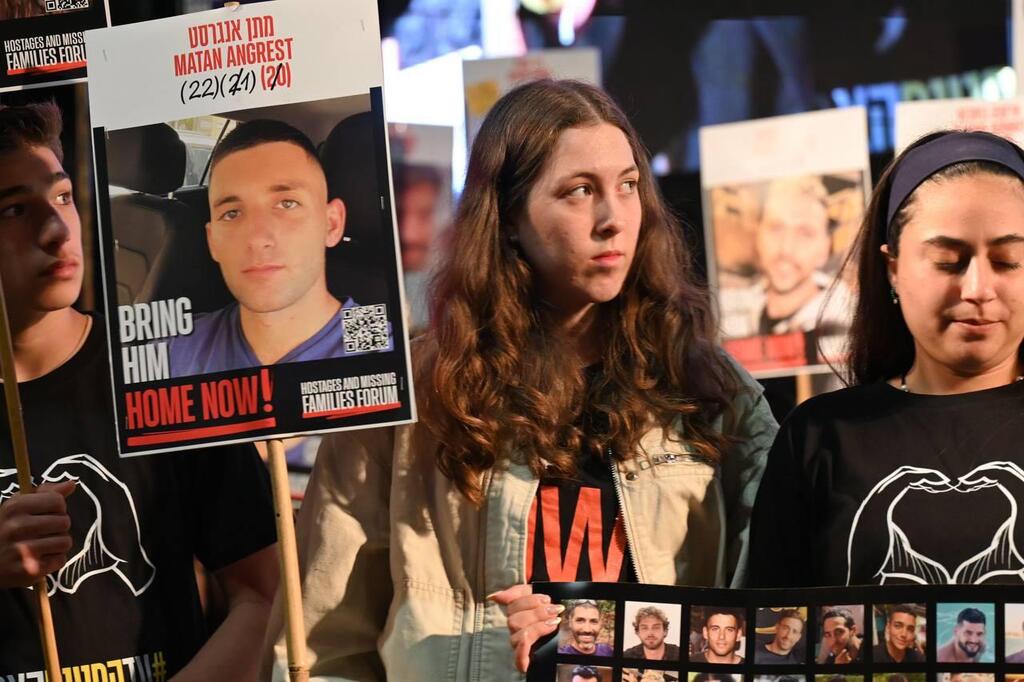Getting your Trinity Audio player ready...
The resilience of the Jewish people, from biblical times to the present, is the key to our survival as a nation. Over thousands of years, we have endured immense tragedies, including the Inquisition, persecutions, pogroms, and the genocide of the Holocaust—all this even before we established a homeland and a state for the Jewish people.
The March of the Living in Poland
The Zionist movement, which gained strength in the face of these tragedies, inspired hope among the Jewish people and led to renewed demands for sovereignty and the return to the ancestral homeland. After the Allied victory in World War II—and inspired by Herzl’s vision, which held that the Jewish people could achieve freedom in the Land of Israel—Jewish community leaders who had lost six million of their people in the Holocaust understood that the commitment to independence rested solely in their hands. They spearheaded a determined effort that culminated in the establishment of the State of Israel.
The memory of the Holocaust and the pursuit of justice against its perpetrators were among the top priorities of the young state, which managed to capture many senior figures of the Third Reich who fled at the war's end. This was achieved while the fledgling nation rapidly built its infrastructure, rising from the ashes. We fulfilled Ben-Gurion's vision: to make the desert bloom in the Negev, to drain the swamps in the north, to unite the various segments of Israeli society, and to establish a strong and independent state.
The founding of the state was accompanied by unprecedented waves of immigration and settlement, laying the foundation for Israel's unique "melting pot," which brought together Jews from around the world to form a cohesive society in a sovereign nation.
Challenges of today
Since then, we have achieved much and overcome countless challenges and difficulties. However, the atrocities of October 7 were the most profound blow to our nation since the Holocaust. As a people, we cannot remain indifferent when we see the parallels between the horrors experienced by the Jewish people during the Holocaust and the events of October 7. A brutal terrorist organization massacred entire families and kidnapped babies, women, men, and the elderly from their beds on the morning of Simchat Torah, taking them to Gaza. To this day, 59 hostages are held in inhumane conditions in the depths of Gaza's tunnels.
Get the Ynetnews app on your smartphone: Google Play: https://bit.ly/4eJ37pE | Apple App Store: https://bit.ly/3ZL7iNv
More than 250 Israelis were cruelly abducted to Gaza. Those who have returned in stages astonish us time and again with their resilience and strength. They survived the worst hell imaginable—physical and psychological terror, imprisonment, isolation, and humiliation—all because they were Jewish. Upon their release, the vast majority made a conscious decision: their fight is not over until everyone comes home. They are committed to doing everything in their power to bring all the hostages back. We must salute these former captives for their courage and dedication and stand united with them in this mission.
 Haim TaibPhoto: Enil Avikon
Haim TaibPhoto: Enil AvikonA message of hope and resilience
Today, as we pause for one day to unite in remembrance of the Holocaust, which claimed the lives of six million of our people, and as we mark 80 years since the liberation of the concentration camps, we face the fire of this generation—survivors of captivity. These men and women, who endured the horrors of the 21st century, now walk as heroes and heroines on the grounds of Auschwitz. Their footsteps echo a clear, resolute, and eternal call for revival, resilience, and the eternal spirit of Israel. This is not just a cry of pain, but a pledge to life: Never again is now.
- Haim Taib the founder of the Menomadin Foundation, which specializes in social, environmental, and economic impact in Israel and Africa



